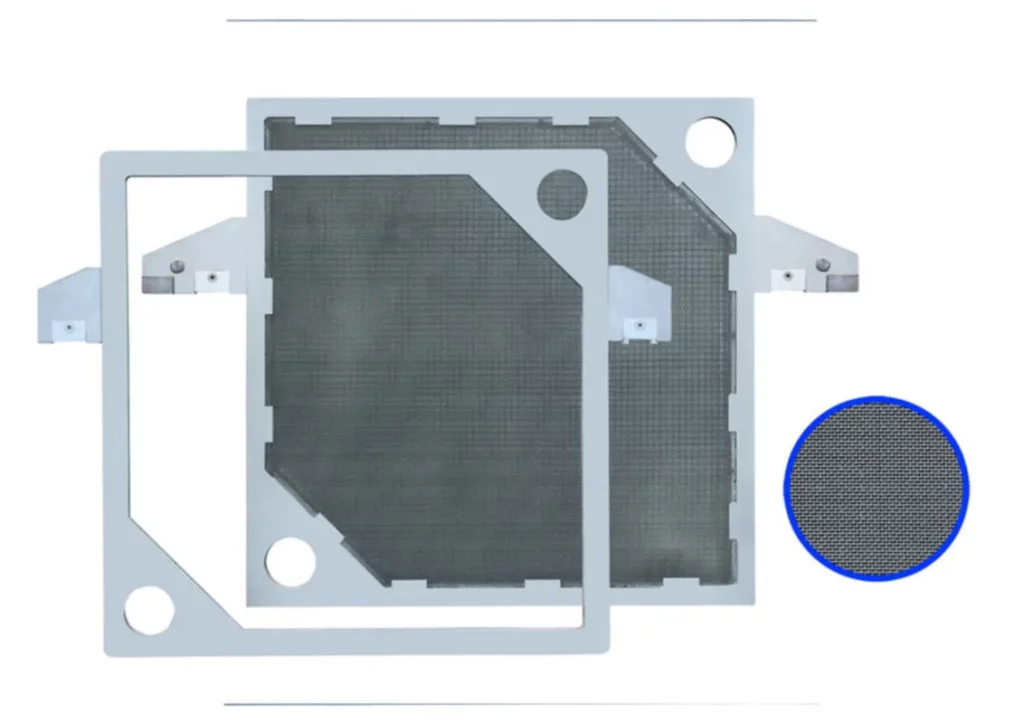What Role Do Filter Presses Play in Supporting South America’s Growing Agricultural and Food Processing Sectors?
Abr 23, 2025

As the agricultural and food processing sectors in South America are on the upward trend, the request for efficient and sustainable water management and waste treatment solutions appears to be mushrooming overnight. Whether it be sugar processing in Brazil, fruit canning in Chile, or coffee production in Colombia, these sectors necessitate water as it is the very life bloodstream in their cleaning, processing, and production tasks. However, the question arises on the fate of the resultant wastewater. That is exactly where the filter presses have their job.
The Growing Pressure on Water Resources
Water is indeed a vital resource in agriculture and food processing. These sectors consume a lot of water for various purposes like irrigation, fruit and vegetable cleaning, and machinery cleaning. However, the generated wastewater is often contaminated with organic material, fats, sludge, and suspended solids which are harmful to the environment if discharged without treatment. The absence of water treatment systems with a maximum level of efficiency will, therefore, result in pollution of the environment and the flouting of rules the penalty for which is severe.
South American countries are increasingly investing in technology to clean and reuse water. One of the most reliable solutions adopted across the continent is the use of filter press systems. Equipment like the Jingjin filter press provides a cost-effective and environmentally friendly way to manage wastewater and recover water for reuse.
The Sludge Challenge in Agricultural Processing
In the processing of agricultural products—whether it’s converting sugarcane into sugar or soybeans into oil—sludge is an inevitable by-product. This sludge must be handled efficiently to prevent contamination and comply with environmental regulations.
A sludge filter press is specifically designed to handle thick, dense sludge produced by agricultural and food operations. These machines help separate solid waste from water, turning wet sludge into dry cakes that are easier to transport and dispose of or even use as fertilizer in some cases. For agricultural businesses looking to minimize their waste footprint and increase sustainability, this is a huge benefit.
Supporting Sustainability with Water Reuse
Recycling water within processing facilities not only reduces environmental impact but also cuts costs. With modern technology, like the vacuum filter press, facilities can achieve higher filtration efficiency and improved water recovery rates.
The vacuum system helps lower the moisture content of the filtered solids, ensuring more efficient processing of fine particles and even chemical residues. This makes it ideal for juice processing plants, dairy facilities, and other applications where fine particulate matter must be removed from wastewater.
In South America’s food and beverage sectors, this means less wastewater ends up in local ecosystems and more water is returned to the process line. For drought-prone areas or regions facing water shortages, this closed-loop approach offers long-term sustainability.
Boosting Productivity and Meeting Export Standards
South American countries are key players in the global food export market. However, to remain competitive, they must meet strict international hygiene and sustainability standards. That’s where robust filtration technology like the Jingjin filter press comes in. Known for its durability and high-performance capabilities, it helps companies maintain compliance with environmental laws while optimizing operational efficiency.
Additionally, sludge treatment and water recycling play a role in building a brand’s eco-conscious reputation. As global consumers increasingly seek sustainably produced products, having these systems in place becomes a market advantage—not just a regulatory requirement.
The Road Ahead: Automation and Smart Filtration
Modern filter presses are evolving to meet the needs of South America’s fast-paced industrial growth. Automatic controls, sensor monitoring, and remote operations are becoming standard features. These advancements reduce labor needs, minimize human error, and allow real-time performance tracking.
For large-scale food producers and agricultural processors, this means they can scale up production without worrying about a proportional increase in waste management complexity. As more companies invest in automation, filter presses are becoming central to integrated smart factory systems in South America.
Final Thoughts
The role of filter presses in South America’s agricultural and food processing sectors is clear—they help businesses manage waste responsibly, recover valuable water, and meet environmental and export regulations. From the sludge filter press that handles tough organic waste, to the vacuum filter press for precision filtration, and the reliable Jingjin filter press trusted globally, these machines are shaping the future of sustainable industry on the continent.
